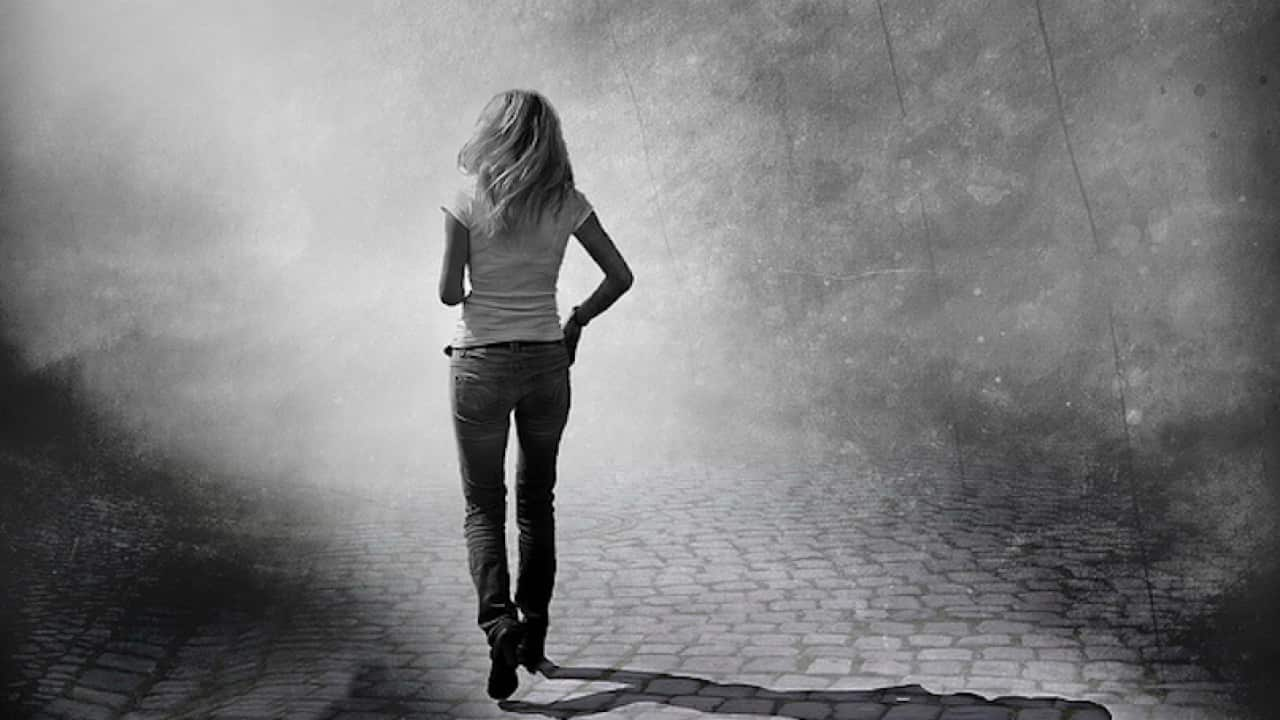I belong to the twilight generation of Lebanese-Australian working women.
My generation was born after the long dawn of women’s rights in Australia. Because of those who came before me, I am legally protected from being discriminated against because of my race or gender.
My horizons were swung open with the end of the White Australia policy, and coloured by my migrant experience. I am here because my parents moved to Australia for a better life, far away from the conflicts of war-ravaged Lebanon.
Like many first-wave migrants, my dad the engineer couldn’t find a job in his field. He traded his future for our own, working in fish and chips shops to support his three girls through school.
The road since has not been easy.
Unlike well-established Australians, we had no reference point to guide us through important life decisions. Opening bank accounts, navigating public transport, applying for jobs, dealing with the ‘real world’ - these were things we had to learn on our own.
We also had to balance between two cultures, each with their own ideals of womanhood.
Growing up in late-1990s Australia, I had nothing in common with the smiling blonde faces of white teenage girls on the covers of Dolly magazines and in scenes from Home and Away. School friends talked about boyfriends, clubbing and sleepovers, but these were out of the question for me. While I found comradery with girls from similar ethnic backgrounds, none spoke my language or fully understood my experience.
My parents also struggled with these cultural differences.
Unlike well-established Australians, we had no reference point to guide us through important life decisions. Opening bank accounts, navigating public transport, applying for jobs, dealing with the ‘real world’ - these were things we had to learn on our own.
In many ways, they were more progressive than some [other migrant] families, instilling in us their own version of feminism. They never pressured us to get married or made us feel less valued because we were not boys. Our education wasn’t just passing time until we got married. For them, it was the number one priority; the ticket to empowerment and a life we would’ve been denied had we stayed in Lebanon.
But they did this within their cultural context. They feared the ‘liberal’ Australian lifestyle would tarnish our honour and reputation within our community. They wanted to protect us and so were cautious about who we interacted with – and how we did it. Friends were always welcome to come to our house, but we weren’t allowed to go to theirs.
Already geared towards independence, I was often torn. Grateful for my parents’ sacrifices and respectful of their traditions, I also wanted to define my own identity and belonging in Australia.
It took years to find a middle ground. It wasn’t until university that my parents were OK with us catching public transport and going out with friends. At age 23, I finally felt comfortable mentioning boys’ names in front of my dad.
My most memorable moment though was getting my first job. I knew my parents wouldn’t approve any distractions from study, so I applied in secret. I was shocked when I was invited for an interview and feared their reaction. So I did what only ‘Farah’ would do.
It took years to find a middle ground. It wasn’t until university that my parents were OK with us catching public transport and going out with friends. At age 23, I finally felt comfortable mentioning boys’ names in front of my dad.
The night before the interview, I announced that I was interested in a job. Before my dad could object, I proceeded with a PowerPoint presentation outlining the benefits of the job. In slide after slide, I demonstrated how I would keep up my marks and highlighted the job’s excellent proximity to their shop. I also ‘casually’ let slip that the boss was a regular customer of theirs.
My sisters held their breath as my dad listened attentively. After what seemed like an eternity, finally nodded his head. Yes.
This tiny gesture heralded the start of my working career and a more mature relationship with my parents. We still have our different views, but my parents have never stood in the way of our dreams. They were there at the airport when I moved to Canberra for work, and they were there to welcome me back from every overseas adventure.
In doing so, they have allowed us to be part of the twilight generation; trailblazers creating a middle ground of cultures to guide future generations of Lebanese-Australian working women to a new sunrise.
Love the story? Follow the author here: Twitter @farahbeaini, Facebook @farahbeaini.








